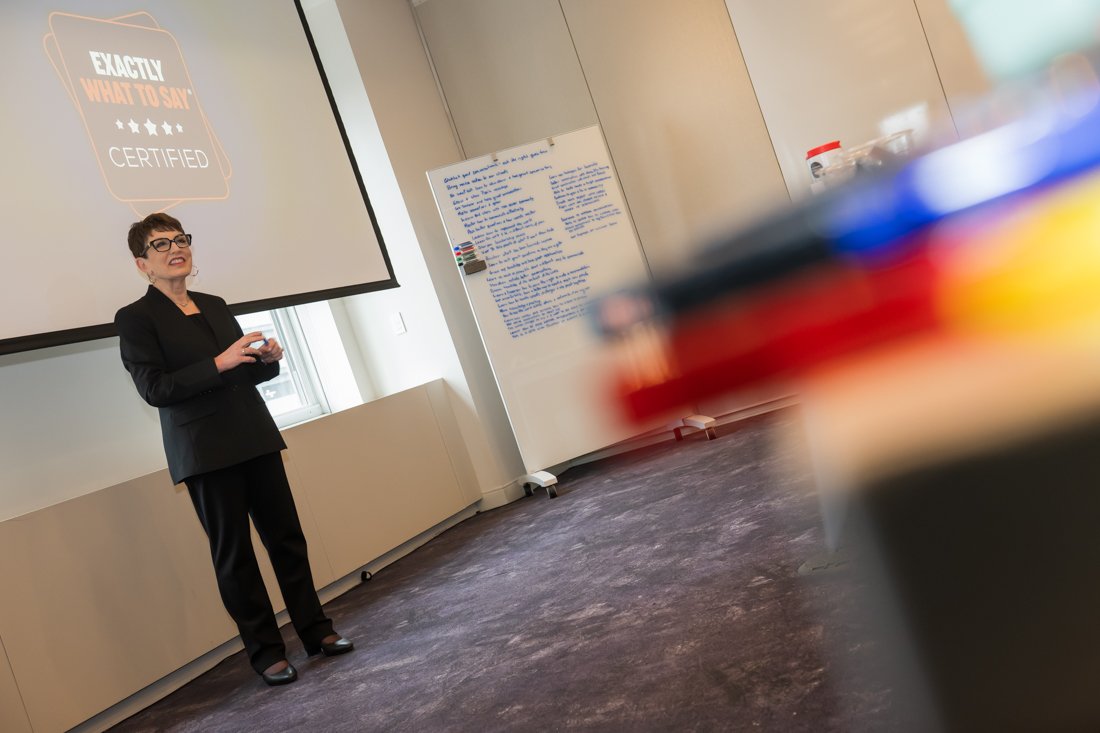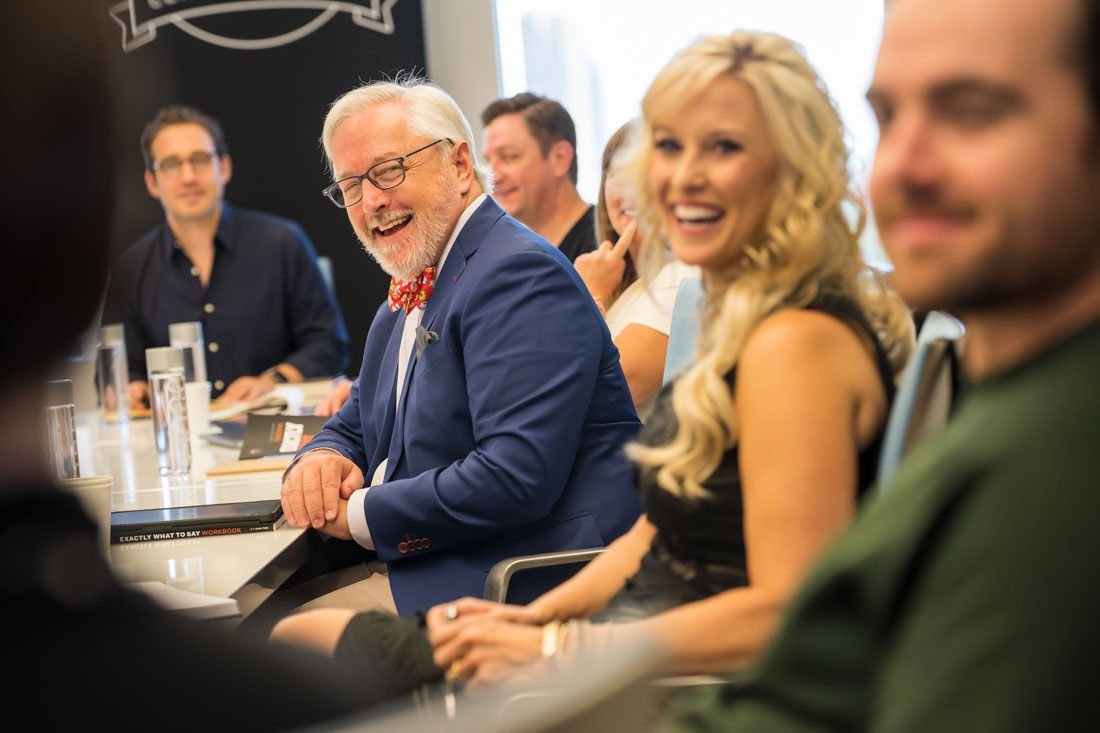Fear Of Getting Things Wrong
Being fearful of getting things wrong is human nature. You might think that there’s a right way or wrong way. That it will either succeed, or it won’t.
This simply isn’t true.
Everything marginally succeeds, you just have to reprogram your thinking and realize that when a failure exists, success can flourish.
How To Get Better From Others
Have you ever had to ask someone why something hasn’t been done? It can be awkward and frustrating. It’s also embarrassing for the person doing the task.
You might have a sneaky suspicion that they haven’t completed the work, but how you ask this question produces very different results.
How To Have Better Conversations
Coming at it with a ‘have you’ approach will likely get excuses as to why it hasn’t been done.
This doesn’t progress the outcome.
There’s a much better way of having this type of conversation – there’s even a magic phrase you can use…
I’m Guessing You Haven’t Got Around To This Yet…
If you think about it, it’s so simple, isn’t it?
By changing:
“have you done this yet?”
to…
“I’m guessing you haven’t got around to this yet…’’
You’re allowing a little wiggle room. You’ve let the person answer with far less embarrassment and with the ability to save face.
But, more importantly, you’re getting a productive answer. Not just excuses.
You’ve let them create an apology and allow them to explain why.
This whole interaction creates a situation where they feel obligated to get the task done quickly.
They won’t want to let you down further because you’ve seen them and understood they were struggling.
Making someone feel like they’re not good enough creates a serious problem, by flipping the narrative and letting them save face you will get better from them in the future.
How To Get Better From Yourself
Mastering better communications with others is one thing, but it’s so much harder to get better from you.
You’re not exempt from the fear of getting things wrong, but If you reprogram your thinking and realize that everything marginally succeeds, then you allow yourself levels of success in absolutely everything.
Re-Frame Failure As Feedback
Believing that there is a right way and a wrong way limits progress. Do you want to do better at something or do you want to do your best?
I bet you’ve just answered that you want to do your best.
It’s ok, most people do.
But ‘doing your best’ creates a hypothetical ceiling – it’s as good as it can be. You might look at that best and it will suppress your performance.
From childhood, the phrase ‘I was doing my best’ teaches us not to trust our best. It’s used as an excuse for not doing better.
Replace best with better and you create a space to surpass your current best.
How Do You Focus On Better?
Often the way to get better at things is to step back, appreciate what you’ve achieved and identify what you could do better next.
You don’t want the process to spiral into everything you haven’t done yet, this is counterproductive.
Try the 4Rs – a framework for taking a step back and appreciating what you’ve done so far, and what you could improve on.
Reflection
Do something that relaxes you and consider just how far you’ve come. Look back to day 1 and reflect on what you’ve achieved.
DON’T look to the future yet, just stay present, in this moment. Smile and enjoy reliving your journey so far.
Review
This is phase one of your debrief process, your “Liked Best” list. It’s time to list all the actions and behaviors that you liked best about what you’ve done so far.
Focus on listing the good, it’s so easy to jump to mistakes and improvements but this is the time to fully appreciate your worth.
Refine
This is the part to focus on your “Next Time” list. Go over all of those achievements and write what you would choose to do differently if faced with the same scenario again.
Looking to what you will do next time, as opposed to what you did wrong, keeps you on the journey of self-improvement instead of self-sabotage.
Reschedule
Moving forward should always be about continuous improvement. Recognize what works and what doesn’t and then focus only on the positive and constructive.
Changing Your Thinking Is The Key To Achieving ‘Better’
Once you have altered your thinking and realize that failure is just feedback you’ll quickly let go of that inherent fear.
Experience just adds curiosity. And curiosity can be used to decide on what to try next time. Cementing these positive habits and behaviors will help immensely in your quest for better.

















